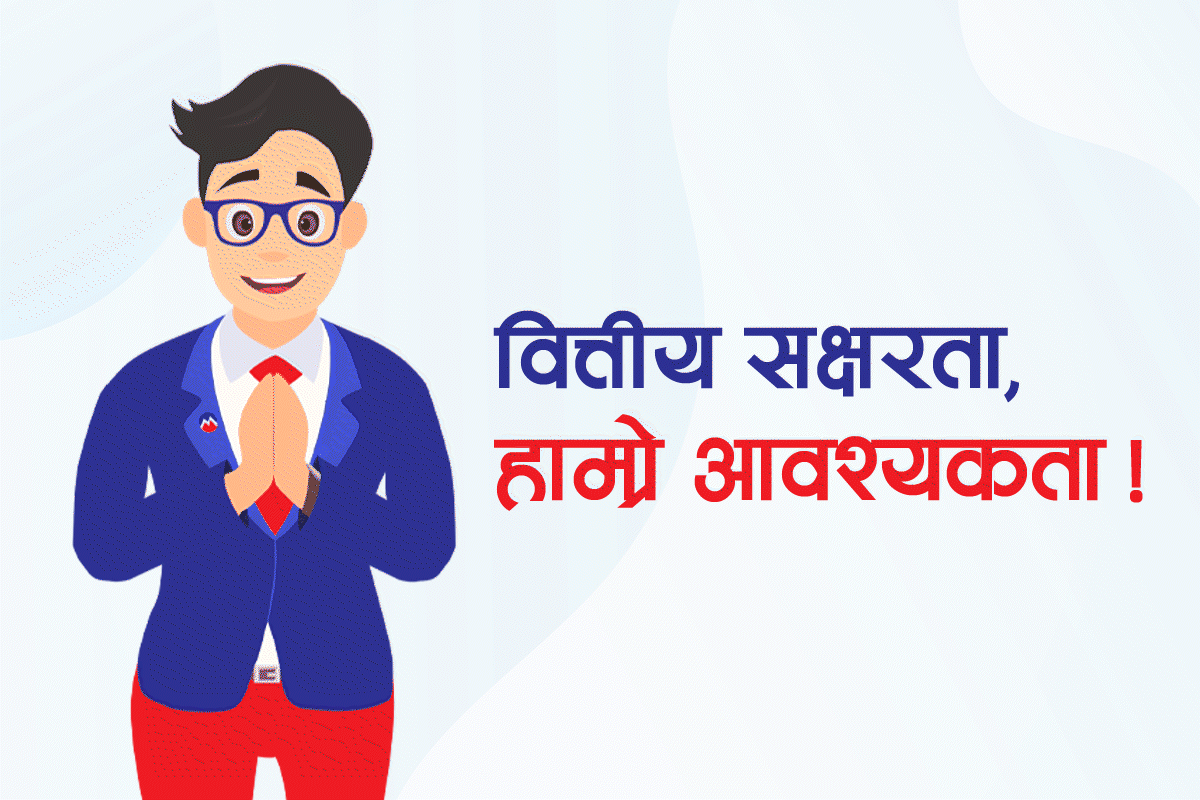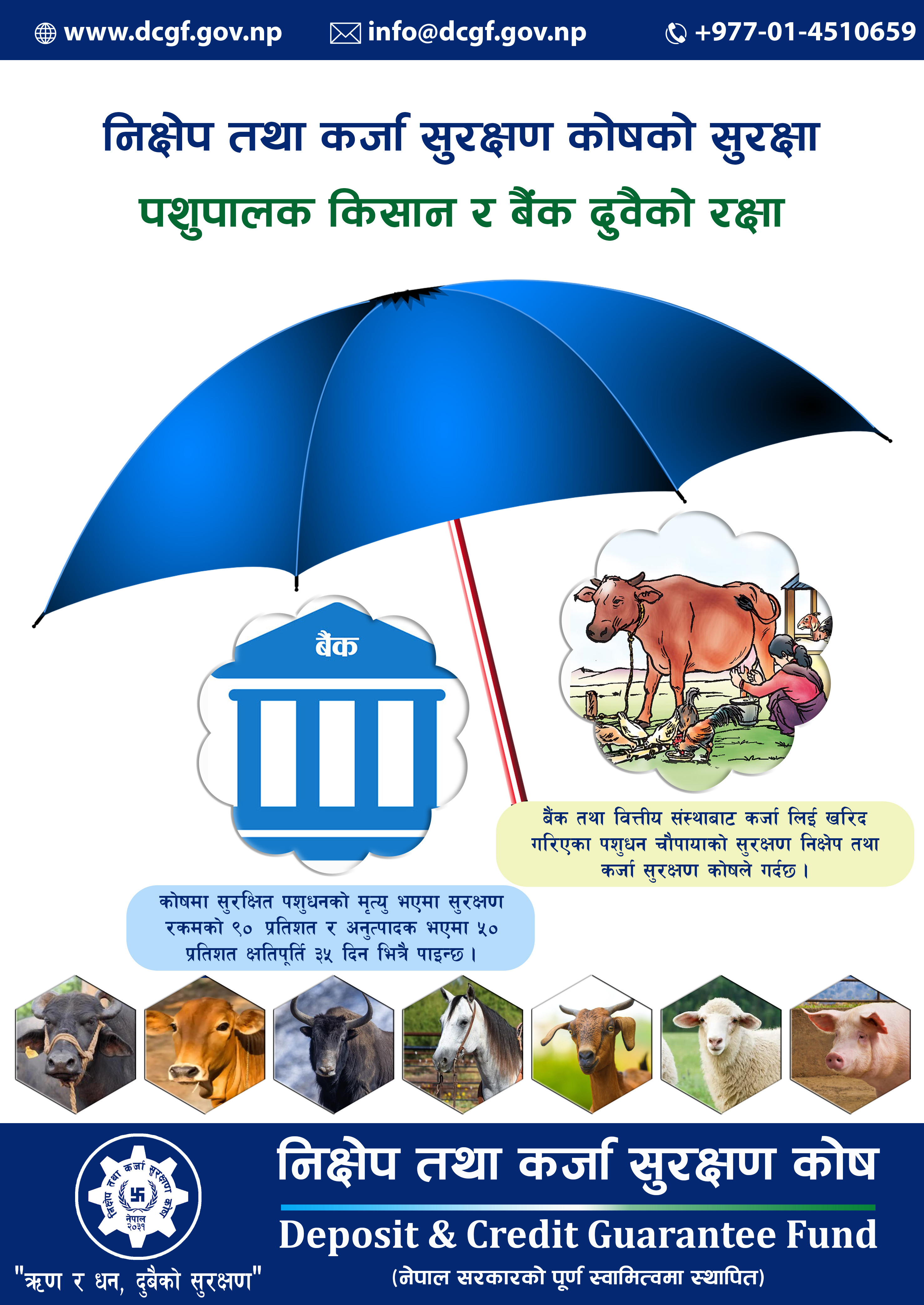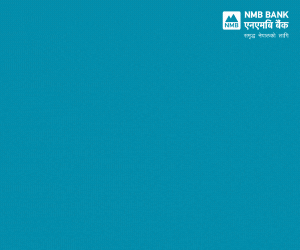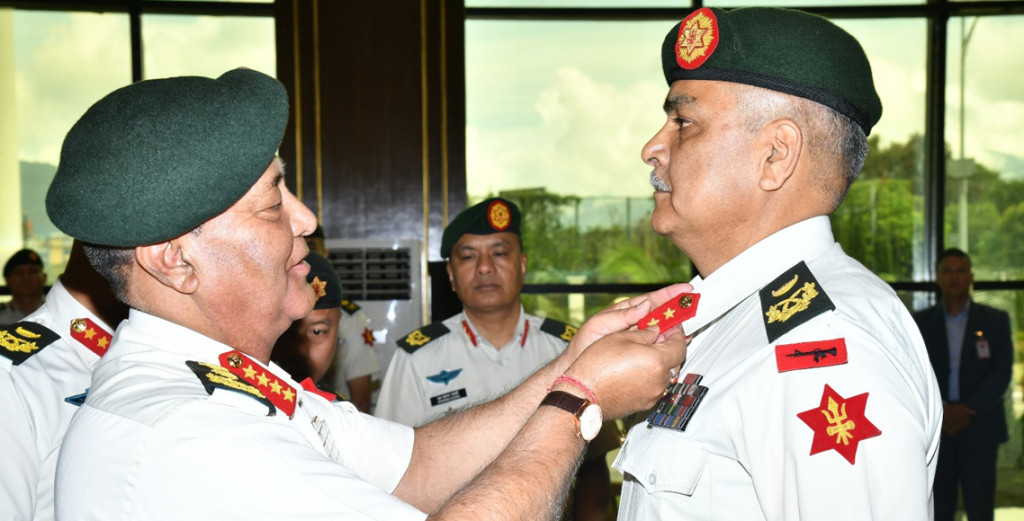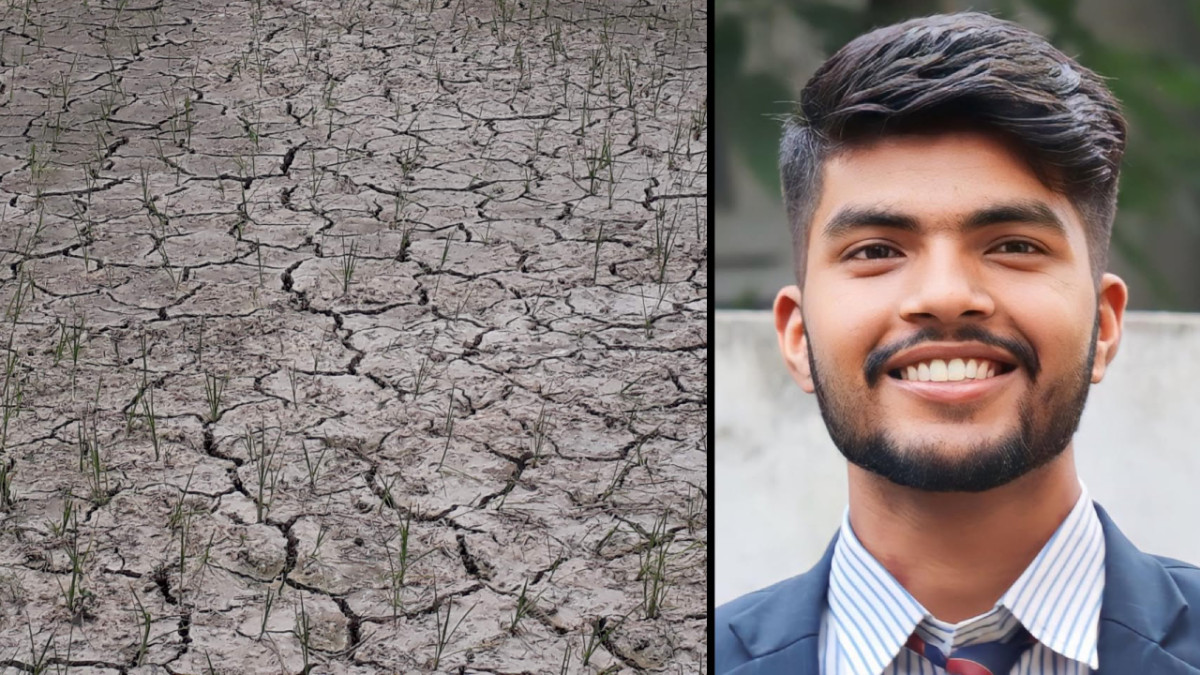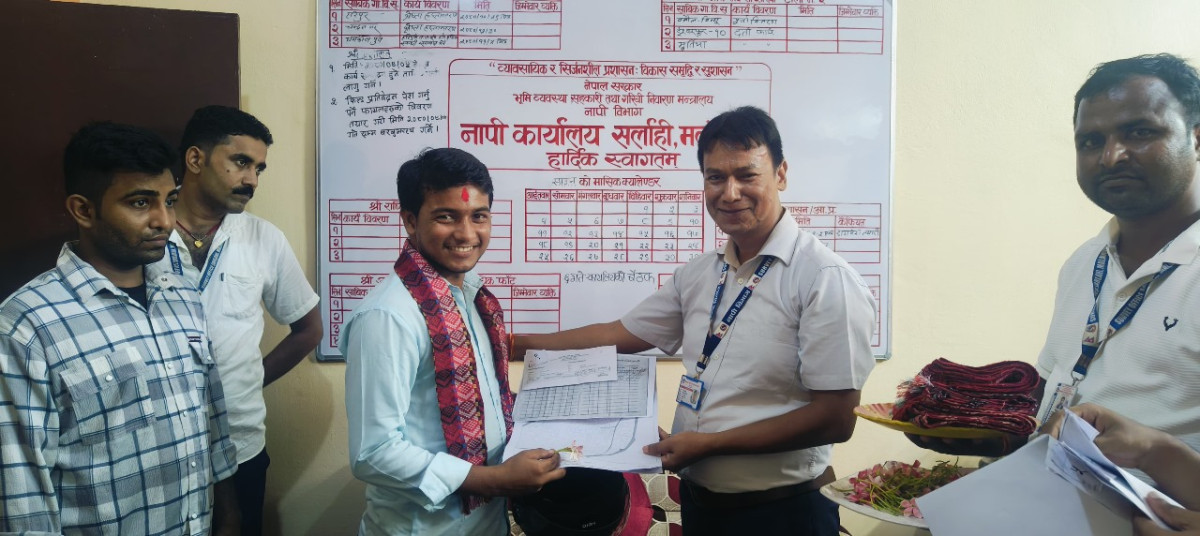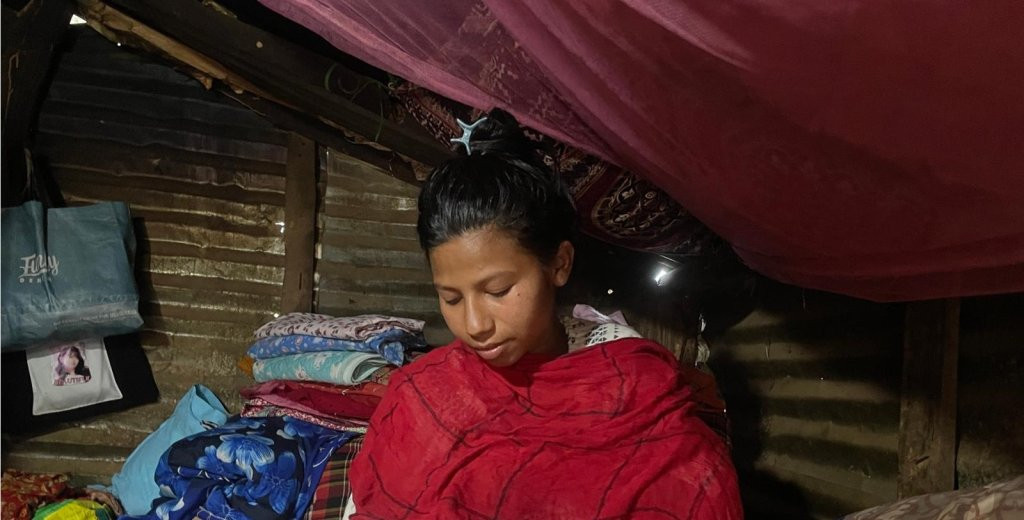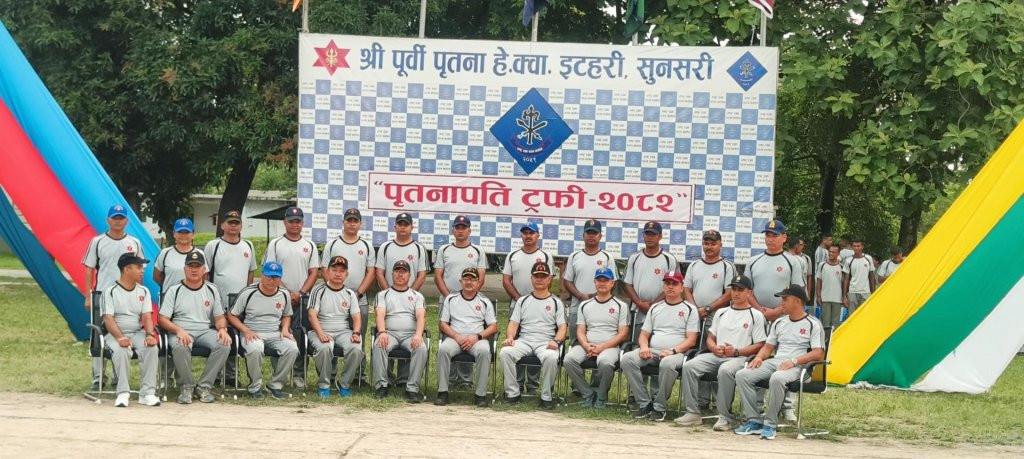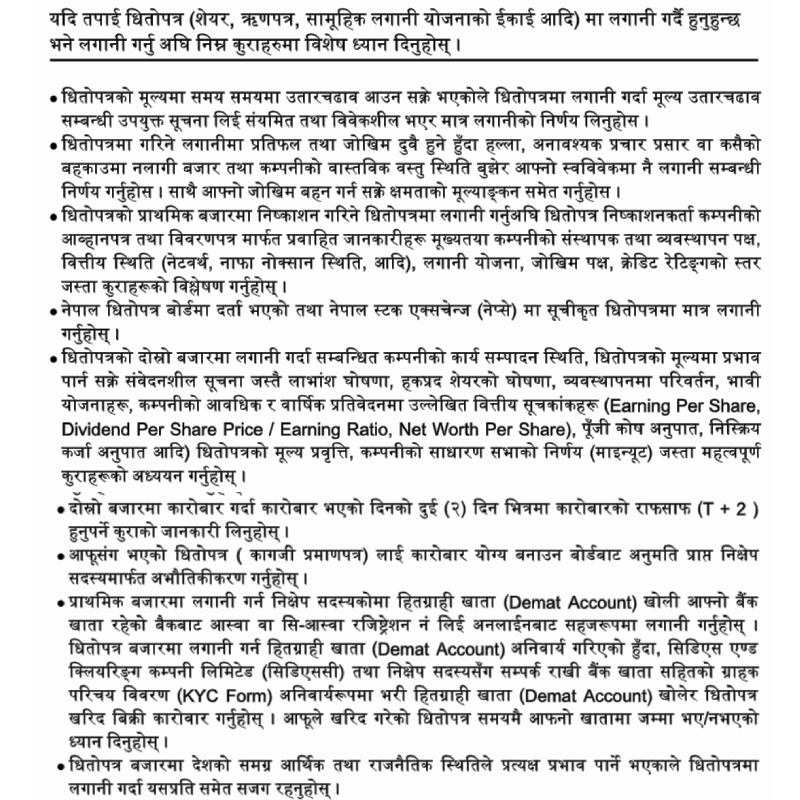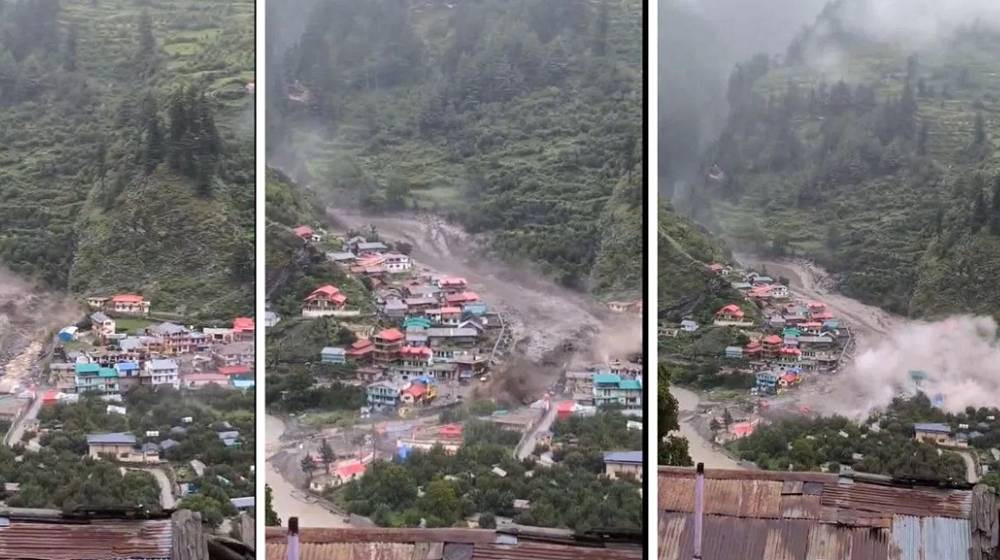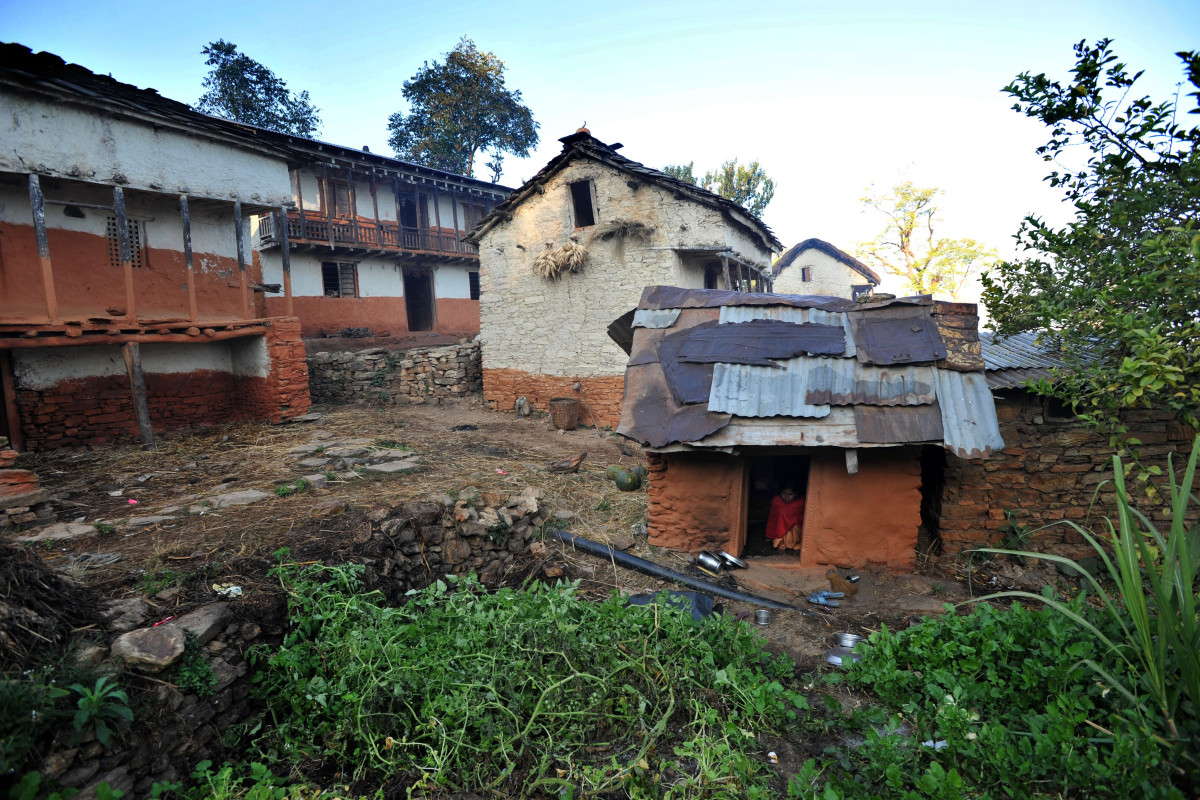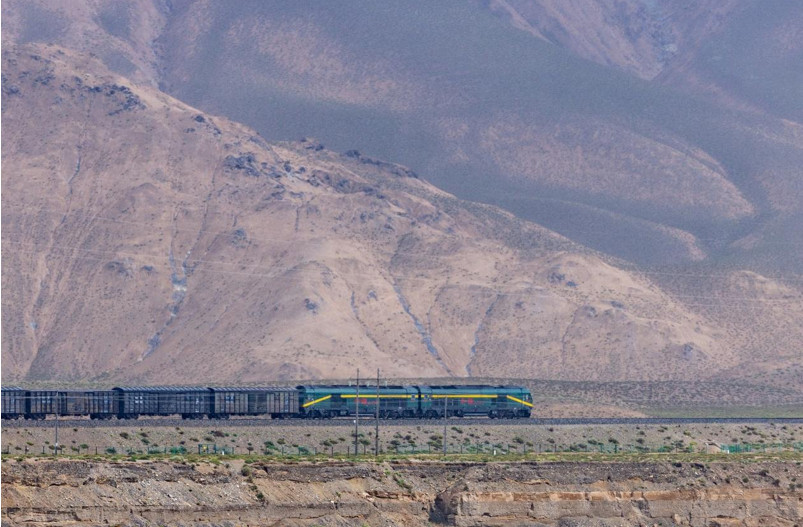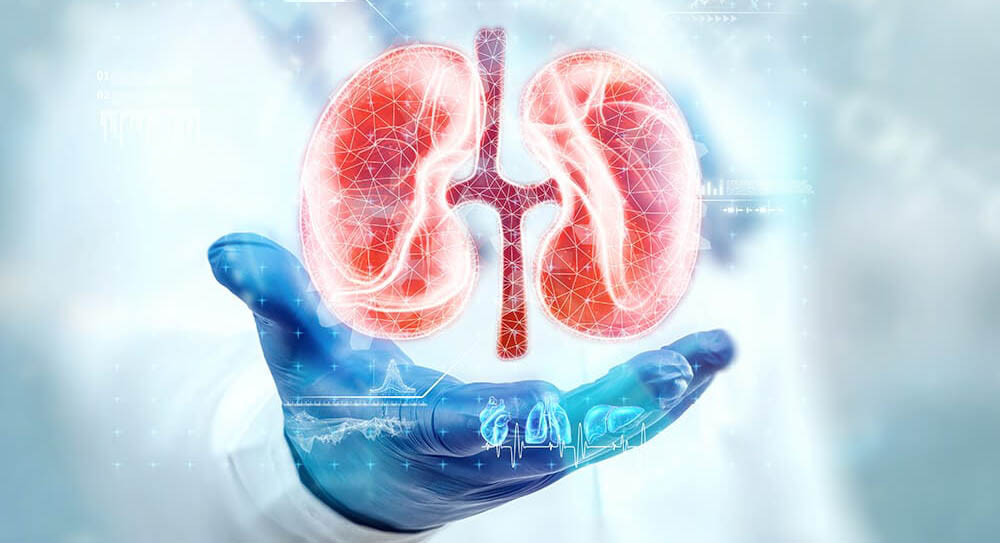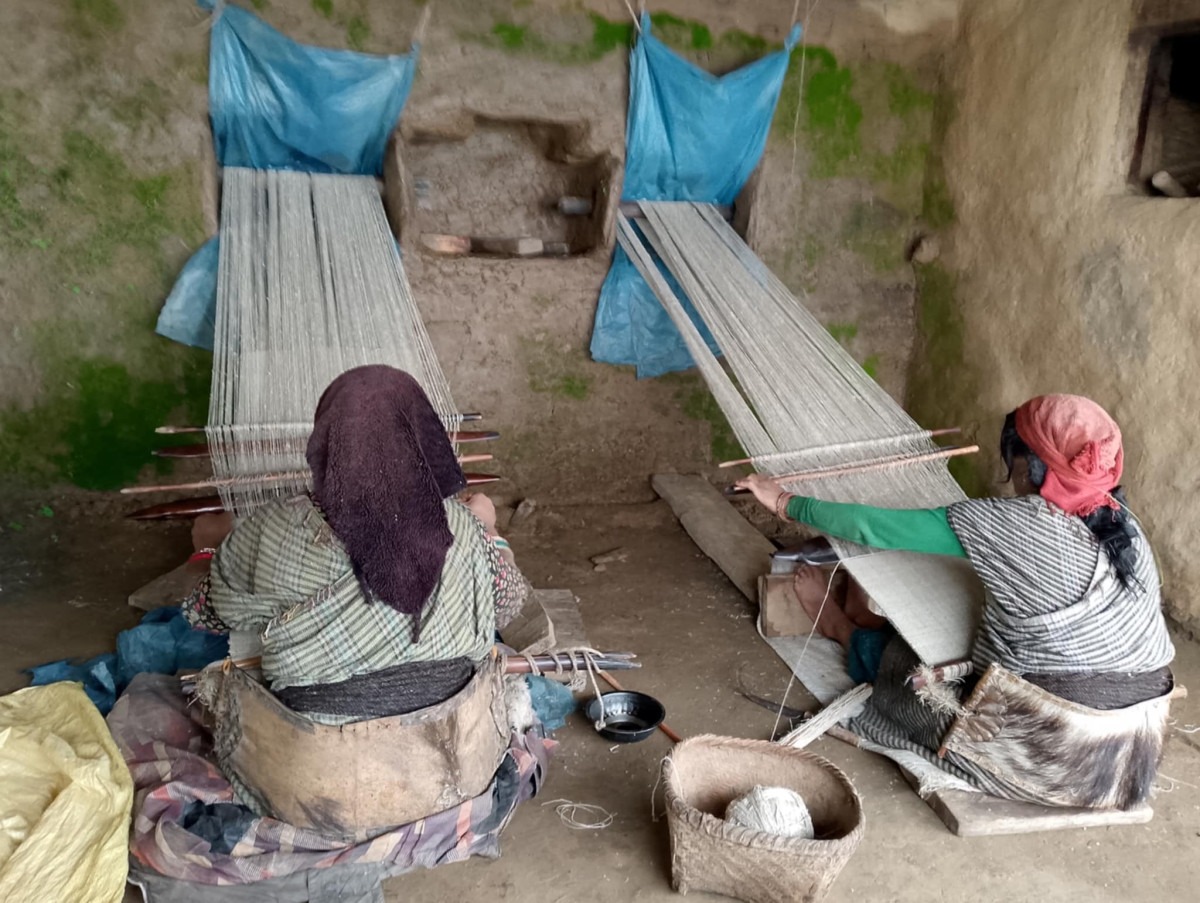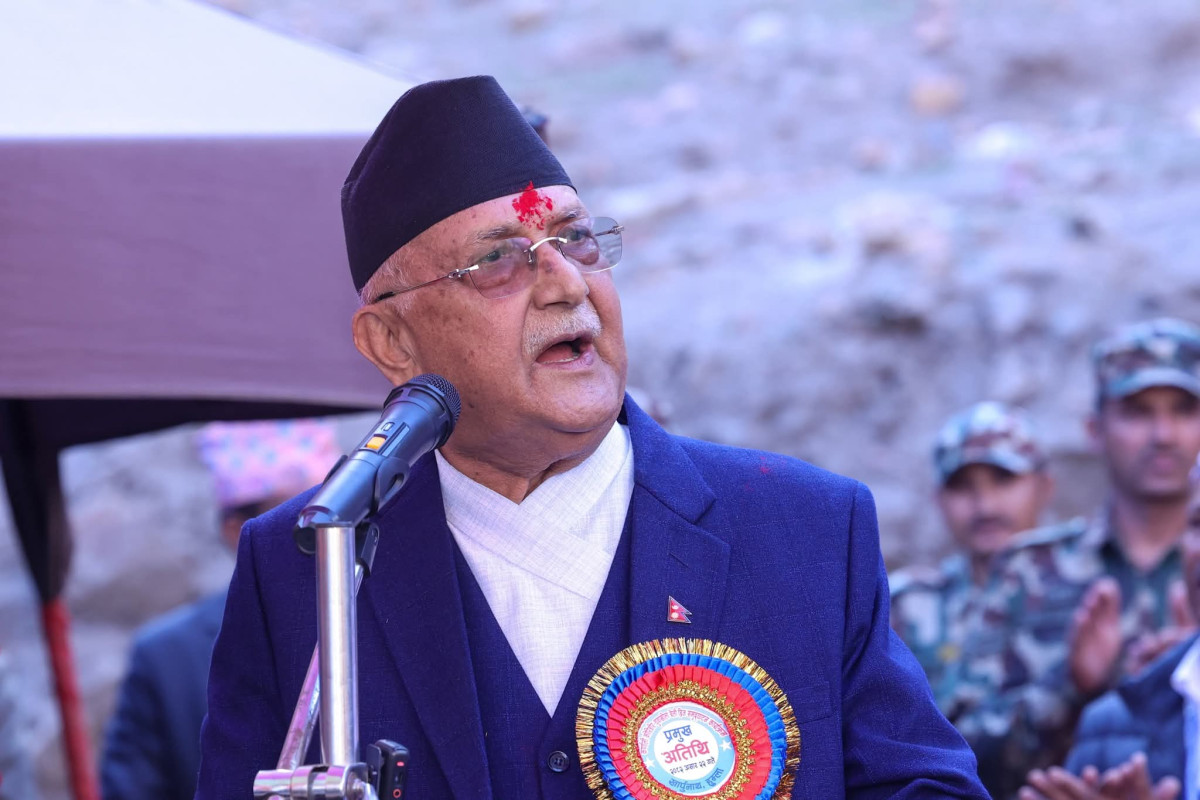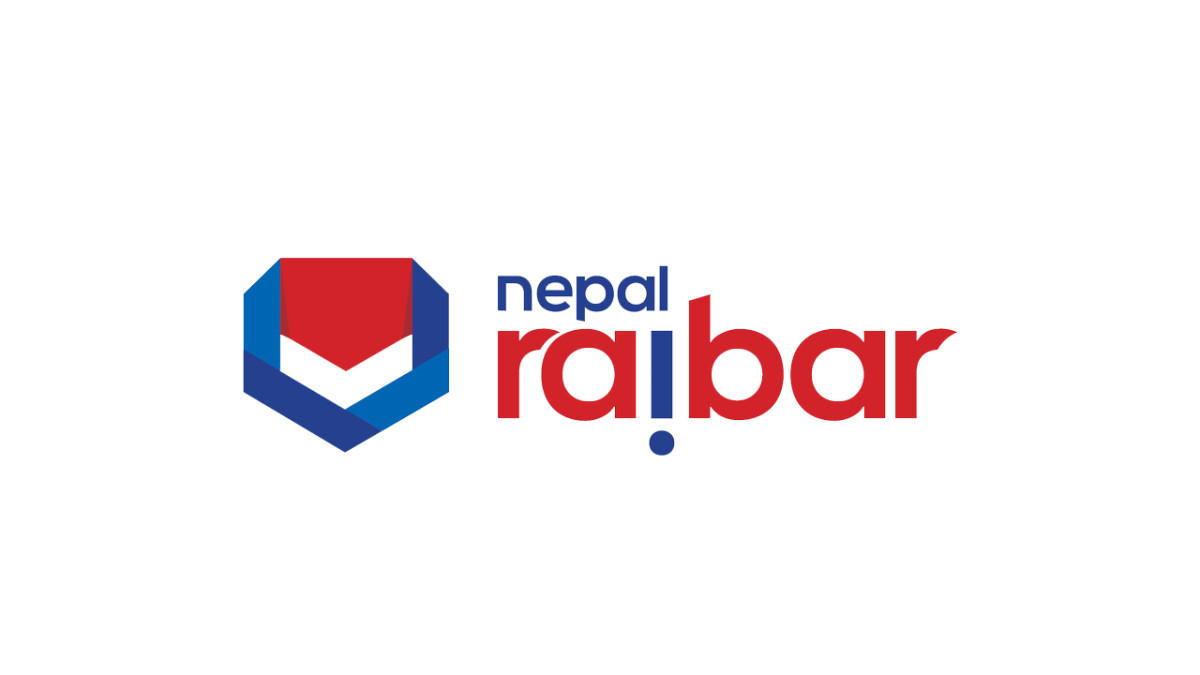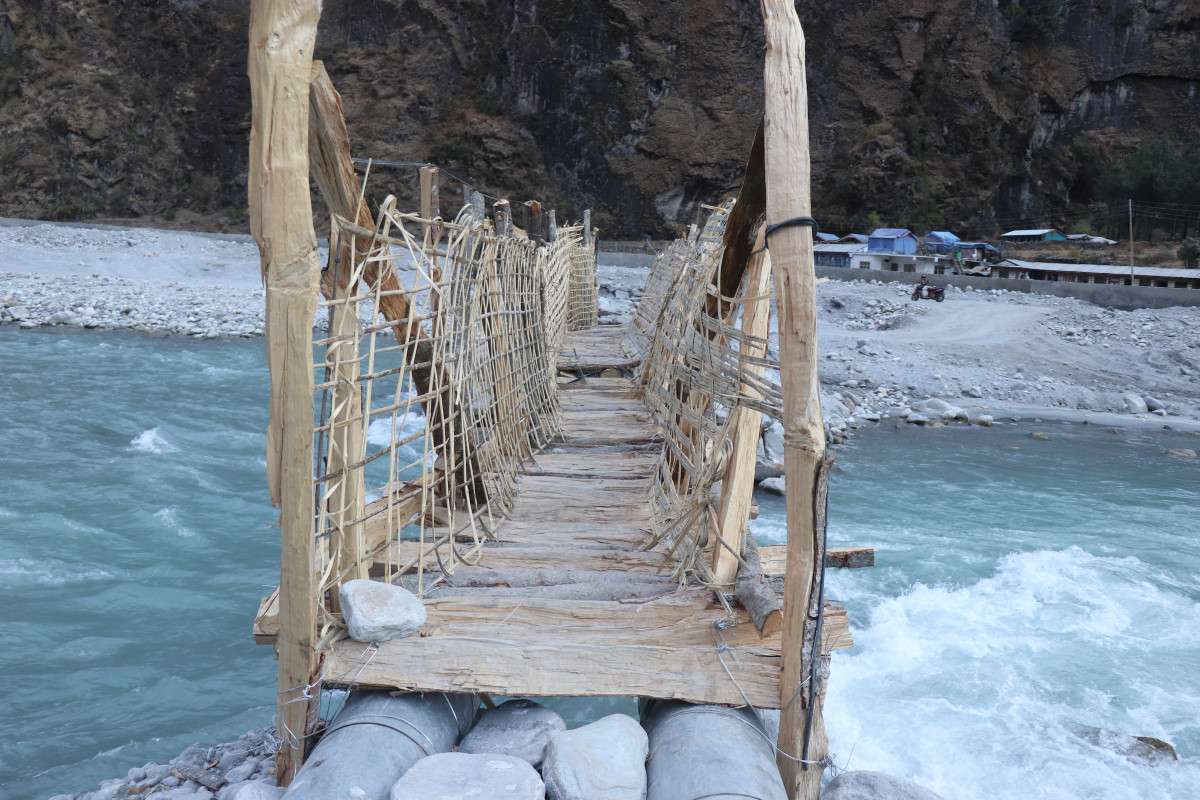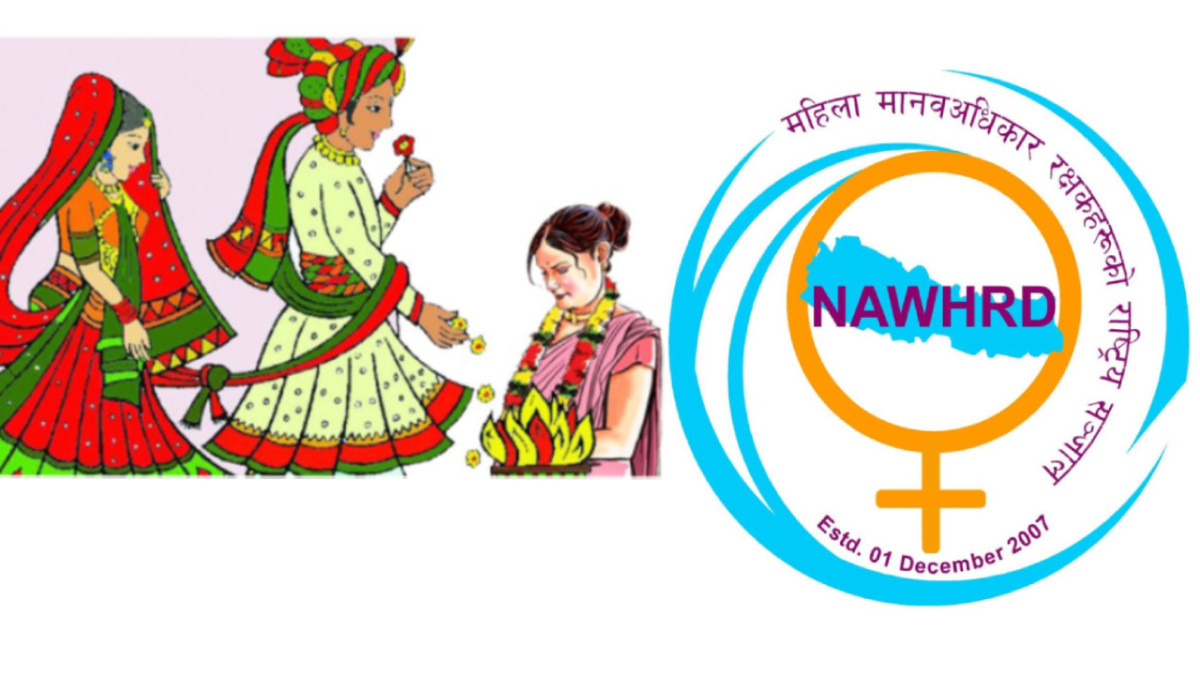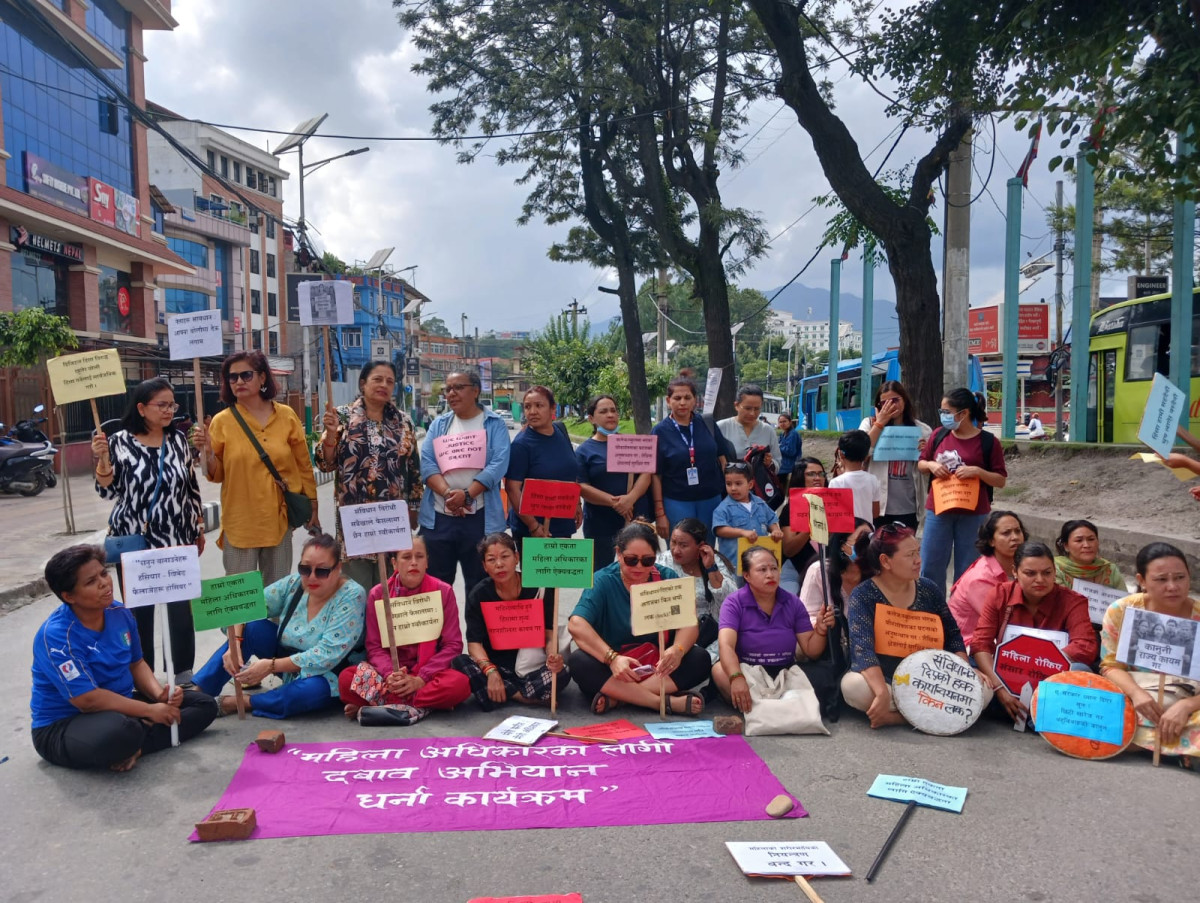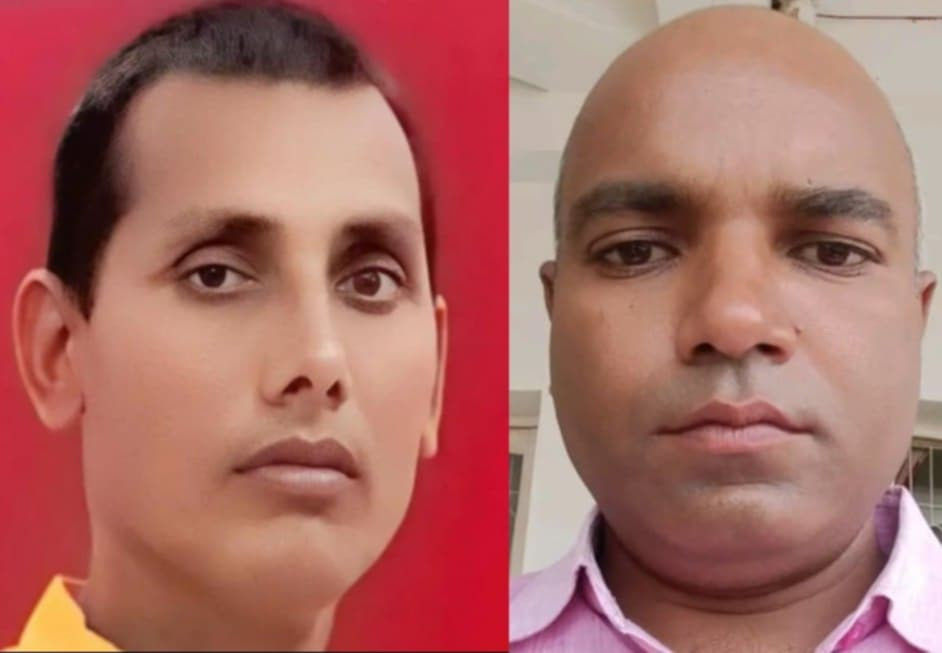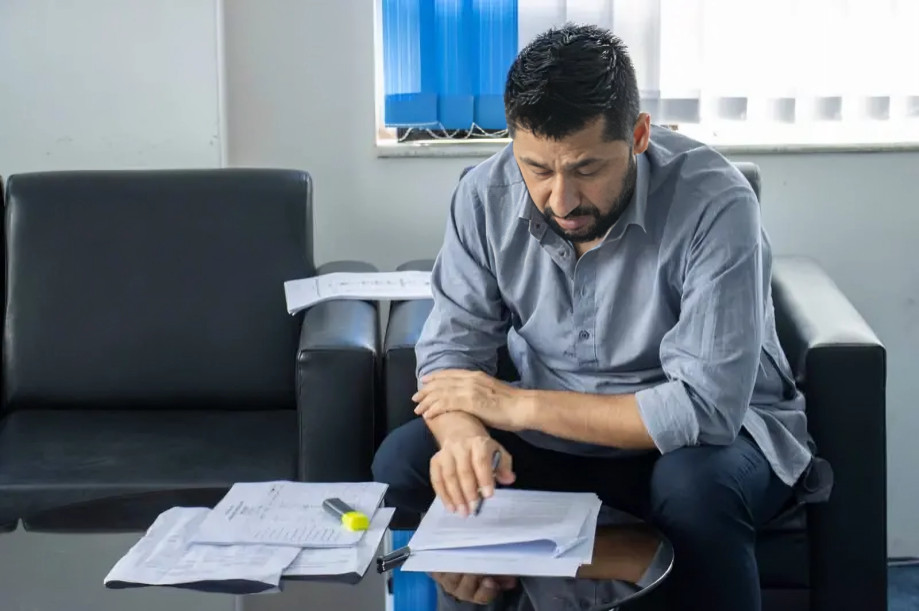“Access to justice has become a daydream for me. My ceaseless struggle of seven years demanding justice for my slain brother has now emboldened me as an environmental activist. I feel I am not safe for raising the issue, yet I will not let my voice fade,” said Laxmi Mahato, a resident of the southern plains, as she narrated her story.
Her elder brother, Dilip Kumar Mahato, was allegedly crushed to death for raising his voice against the unlawful extraction of riverbed materials in Dhanusha around five and a half years ago.
“Your brother was killed for speaking out about the extraction issue. You may also face the same fate, so limit your expression”-this is the kind of threat Laxmi says she frequently receives for being vocal about climate justice. The threats, she added, have increased since she established the Om Prakash Foundation in her brother’s name to amplify the call for justice.
The case indicates the vulnerable safety status of environmental rights defenders, which, in the bigger picture, is a testimony to the shrinking civic space in the climate agenda.
Sharing her experience at the ‘National Dialogue on Climate Justice and Civic Space in Nepal’ held in the federal capital, Mahato said that climate change has affected all populations but has disproportionately impacted grassroots and marginalized people. “It has battered their lives and livelihoods. Flash floods ruin their lives in a minute,” she said, adding, “The drying up of water sources has a direct bearing on children’s health and education. It has not only constrained their ability to enjoy basic human rights but has also pushed their families deeper into poverty and inequality.”
Academic and activist Pratima Gurung echoed the effects of prevailing multi-dimensional inequality on disadvantaged groups, highlighting gender-based vulnerability to climate hazards and limited capacity to cope with damages, which leads to unequal loss of assets and greater injustice.
“Climate justice is fundamentally about paying attention to how change impacts people differently, unevenly, and disproportionately, and about redressing those injustices in fair and equitable ways,” she said. She illustrated this with the example of a disabled girl struggling to change her sanitary pad during a heat wave, to highlight the differentiated impacts of climate change.
Stressing the importance of civic space in the climate conversation for a just transition, especially given Nepal’s upcoming graduation to a developing country-Gurung said it is imperative to find fair solutions to unequal impacts and to empower local, marginalized, and voiceless groups by linking climate issues to human rights and intersectionality.
She argued that the demand for climate justice is substantiated by principles of fair shares in emissions, no climate debt, meaningful participation of citizens and their organizations, and reduction of fossil fuel use and corporate capture.
Claiming that the climate justice movement is a civil rights movement, Gurung called for debunking the existing climate discourse to make it more people- and planet-centric-shaped by a broader socio-ecological-economic understanding and multi-stakeholder engagement.
“Women contribute significantly to saving water, energy, and food, thereby reducing carbon emissions. But this has not been accounted for in the data, making the climate discourse incomplete,” she said. “The policy and legal frameworks of the country have not addressed the concerns of climate survivors, who are facing compounded impacts of historical and structural exclusion.”
Gurung also advocated for developing a shared understanding of intersectional climate justice and a development framework for Nepal to strengthen the country’s position at sub-national, national, and international levels.
Kusunti Devi Thapa, President of the Parliamentary Committee on Agriculture, Cooperatives, and Natural Resources, stated that Nepal is facing a climate emergency. She called for embracing indigenous culture and nature-based solutions to avert climate-induced loss. “Economically backward people have made no contribution to greenhouse gas emissions, yet their livelihoods are being brazenly destroyed,” the lawmaker said.
Climate governance expert Dr. Rubi Joshi approached climate justice from a risk governance perspective, calling for the dismantling of homogeneous and blanket policies. “There are explicit gaps in policy and practice due to ineffective intergovernmental coordination and lack of a clear implementation plan. The absence of intersectional analysis in vulnerability assessments promotes inequality and injustice,” she argued.
She also questioned the current climate budget coding practices at local, provincial, and federal levels, which she said produce misleading data and skew the discourse. “Disaggregated, activity-wise budget coding is essential. Programmatic coding does not provide accurate evidence,” she added.
Youth panelist Naren Khatiwada noted that the dominant narrative of neoliberal economics in climate justice must be disrupted. He advocated for holding the global corporate sector accountable for the harm caused to the environment and affected communities.
Pallav Regmi, representing the Association of International NGOs (AIN), highlighted data gaps in assessing climate-induced Loss and Damage, which he said has weakened Nepal’s position in international climate negotiations. “To access global climate finance, Nepali CSOs must enhance their capacity for accreditation and advocate for simplified access procedures,” he said.
The panelists unanimously recommended evidence-based advocacy for intersectional policies with impact analysis, grassroots-level transformative leadership and social movements, inclusive platforms with systematic evidence documentation, influence on climate finance mechanisms (such as the Ministry of Finance and CoP), and mechanisms to safeguard human rights defenders and monitor the effectiveness of climate budgets.
Participants also raised critical questions: Who is responsible for climate harm, and how can it be repaired? How are risks and responsibilities distributed across people, regions, and generations? Who gets to participate in decision-making, and which groups are recognized or ignored in climate actions and policies?
The national dialogue, organized by the Nepal Participatory Action Network (NEPAN), was held in collaboration with the Association of International NGOs (AIN) and the NGO Federation of Nepal.


.gif)



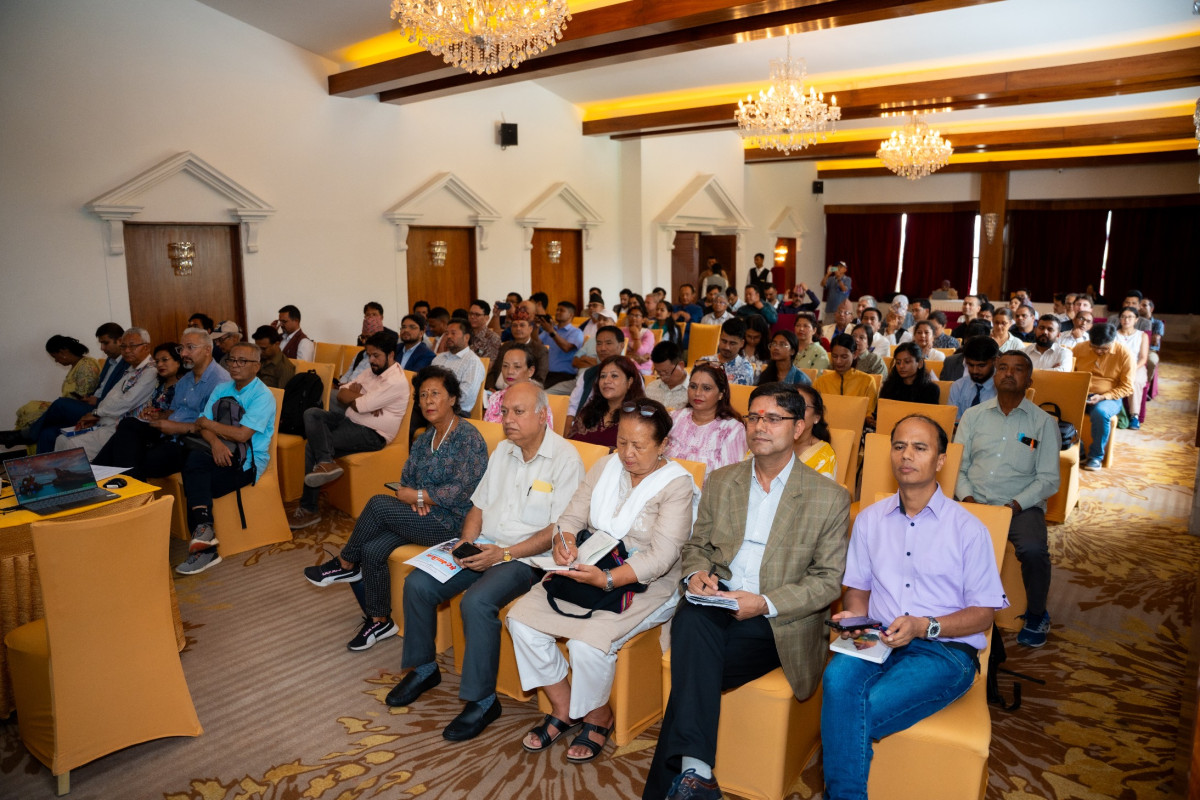


.jpeg)
.gif)


